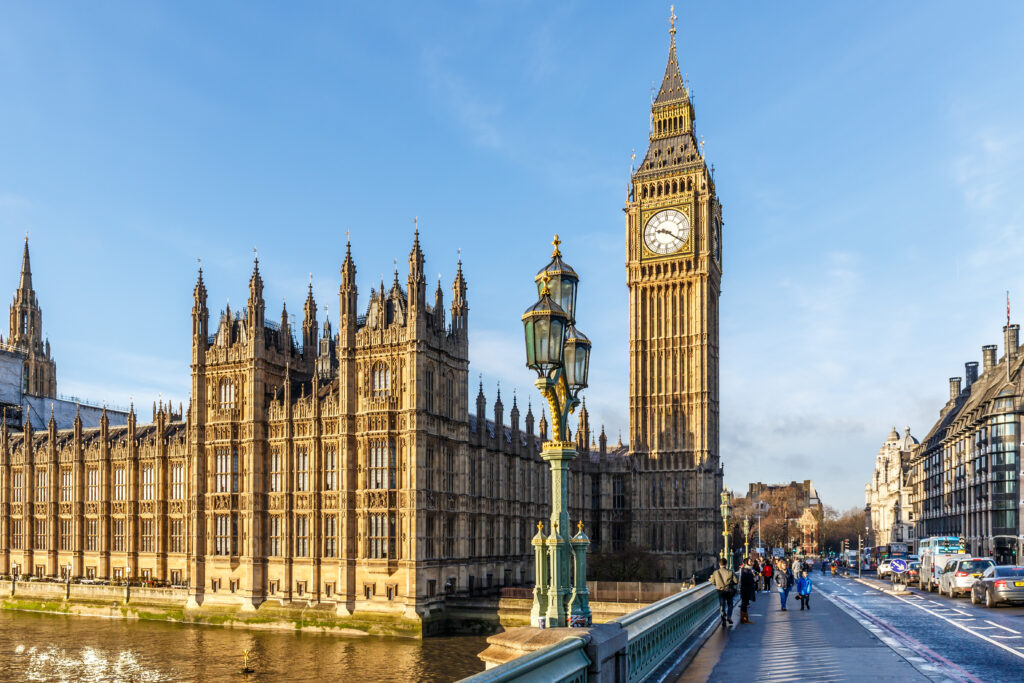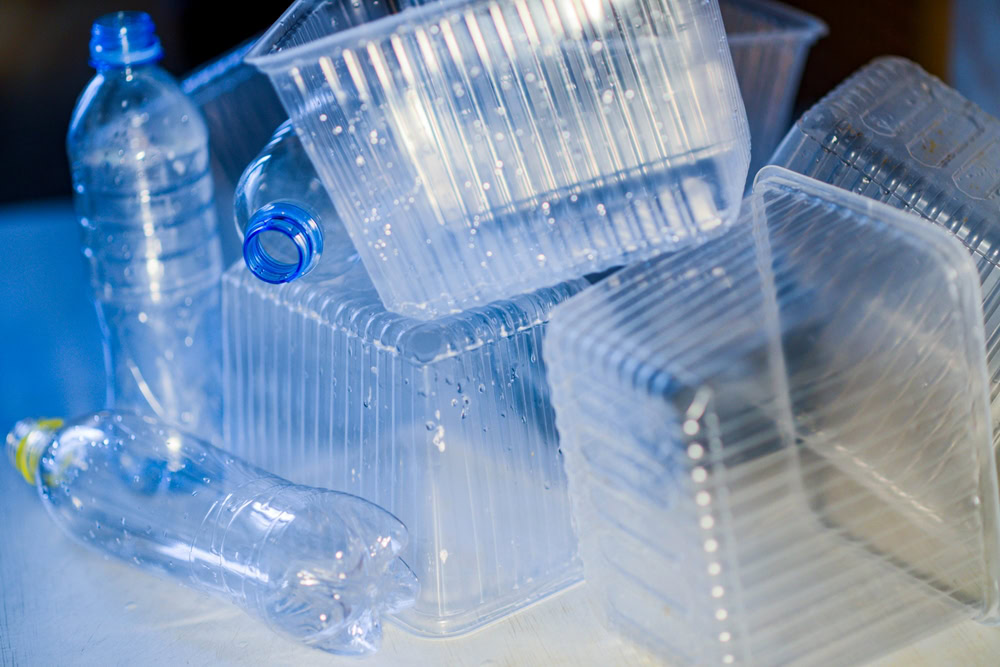Defra has published provisional 2026 pEPR charges, though the department has stressed that the legislation to set the charges has not yet been passed, meaning that the figures “may be subject to change” before coming into force.
The amendments to the pEPR regulations were laid before Parliament in early November 2025, which introduced a series of technical and operational changes designed to refine the scheme.
| Charge Type | 2025 fees | Provisional 2026 fees | Increase (? About including) |
| Large producer registering directly | £2,260 | £2,842 | 8.47% |
| Large producer using compliance scheme | £1,685 | £1,803 | 7.00% |
| Small producer registering directly | £1,216 | £1,303 | 7.15% |
| Small producer using compliance scheme | £631 | £696 | 10.30% |
| Late registration charge | £332 | £386 | 16.27% |
Table One: Provisional charges after 1 January 2026
All these charges are expected to apply from 1 January 2026, including to any resubmissions and late registrations relating to previous years.
The provisional figures represent significant increases on the 2025 base fees, rising above current inflation levels, which stand at 3.8%.
Additional pEPR charges and subsidiary fees
For organisations operating in groups, the provisional charge for the first 20 subsidiaries is £690 each, while subsidiaries 21 to 100 will attract a lower charge of £172 each.
No charge will apply for any subsidiaries beyond the 100th.
Two additional charges are also being proposed:
- Producers that operate as an online marketplace will face an extra £2,885 charge
- A new charge of £2,548 will apply to producers that are resubmitting data or submitting under the closed loop offset mechanism
Defra has said that guidance on closed loop offsetting will be published later in 2025.










Subscribe for free